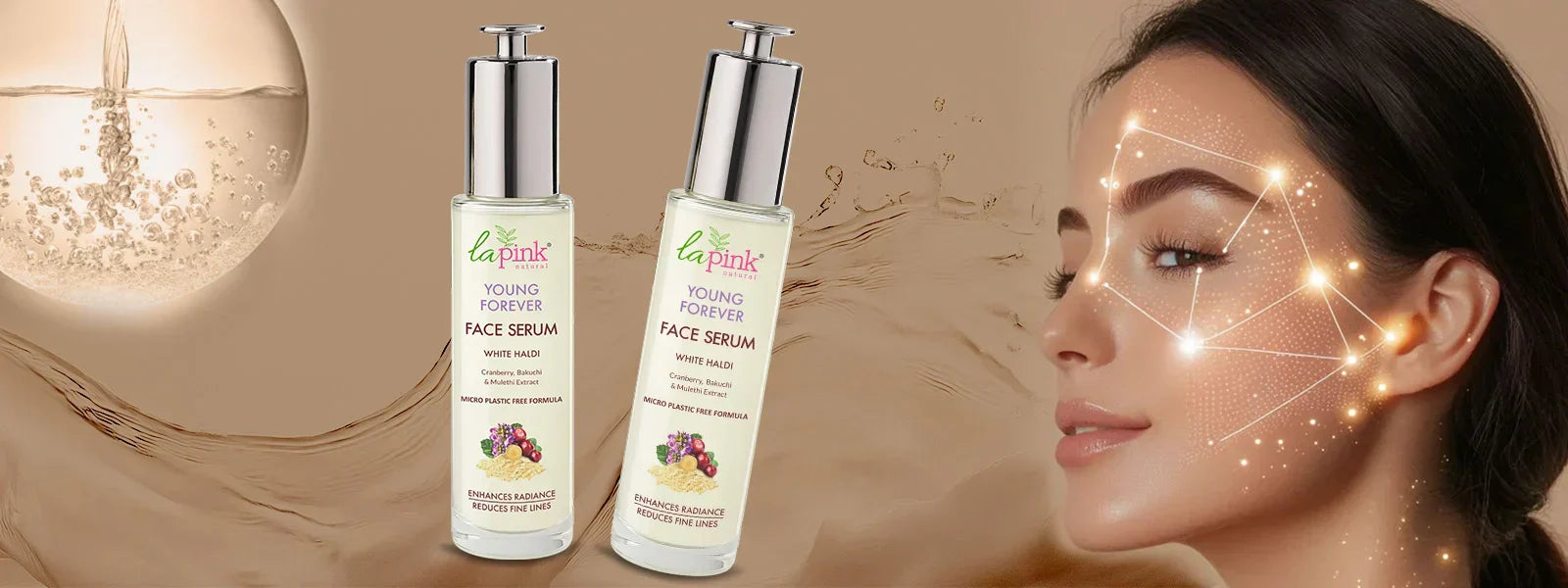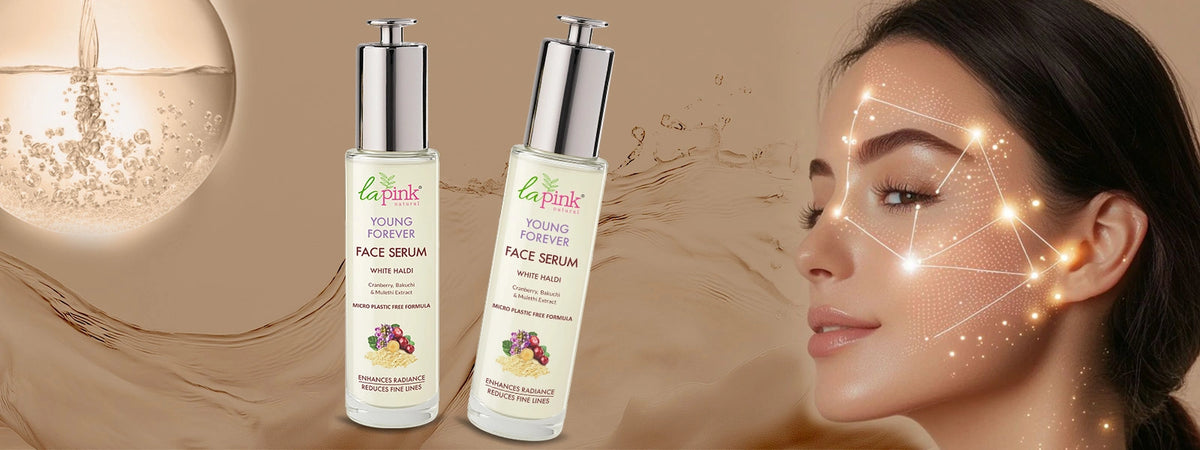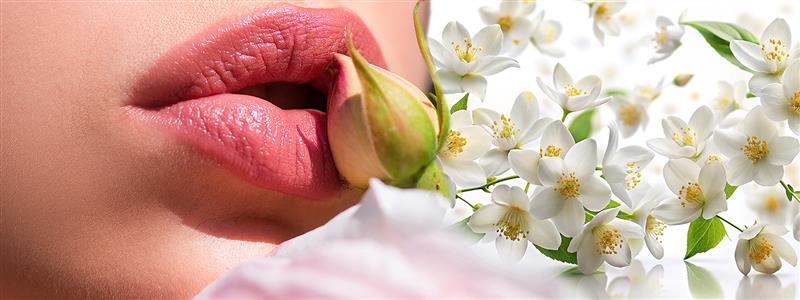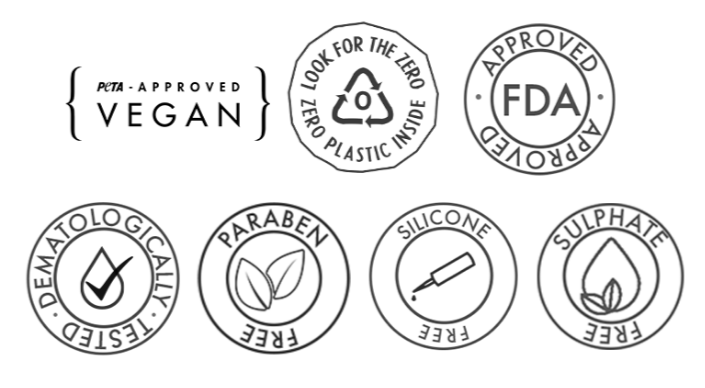Skin barrier Protection
FAQs
1. What is the skin barrier?
2. How do I know if my skin barrier is damaged?
3. What causes damage to the skin barrier?
4. How long does it take to repair a damaged skin barrier?
5. What ingredients help repair and strengthen the skin barrier?
6. Does using too many skincare products weaken the skin barrier?
8. Can I exfoliate if my skin barrier is damaged?
9. Does stress weaken the skin barrier?
Load More...
Blog posts
VIEW ALLपिंक लिप्स के लिए लिप बाम: होंठों को नैचुरली सॉफ्ट और ग्लोइंग बनाने का राज़
OCTOBER 26, 2025
अनुक्रमणिका: पिंक लिप्स के लिए लिप बाम: होंठों को नैचुरली सॉफ्ट और ग्लोइंग बनाने का राज़ गुलाबी होंठों के लिए प्रभावी लिप बाम कैसे चुनें? बेस्...
READ MORE +How to Get Naturally Pink Lips with Daily Lip Care
OCTOBER 22, 2025
Table of Contents Introduction The Root Cause: Why Lips Lose Their Natural Pink Hue Daily Lip Care Routine: The 3 Pillars Microplastic-Free &am...
READ MORE +ग्लोइंग स्किन के लिए बेस्ट क्रीम कौन-सा प्रोडक्ट आपके बजट में बेस्ट रहेगा
OCTOBER 21, 2025
अनुक्रमणिका: ग्लोइंग स्किन के लिए बेस्ट क्रीम: कौन-सा प्रोडक्ट आपके बजट में बेस्ट रहेगा? अपनी त्वचा के प्रकार को जानें: पहला और सबसे ज़रूरी कदम ...
READ MORE +











